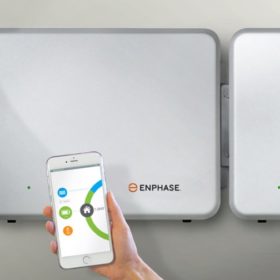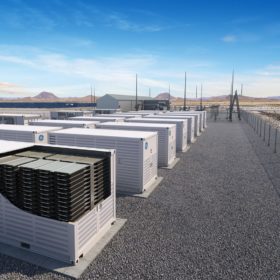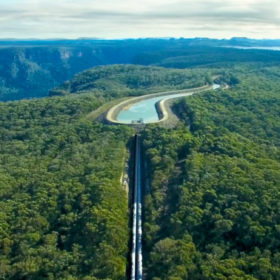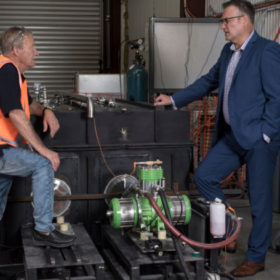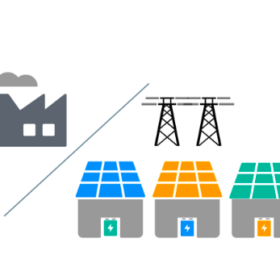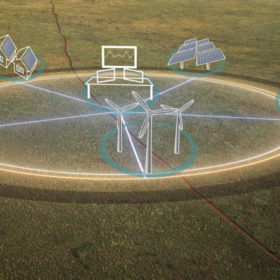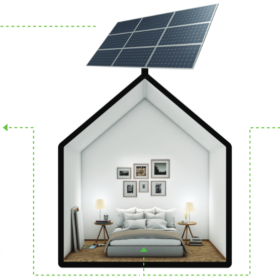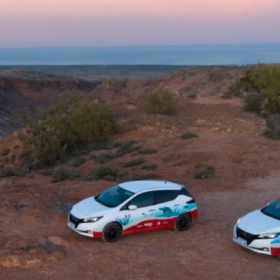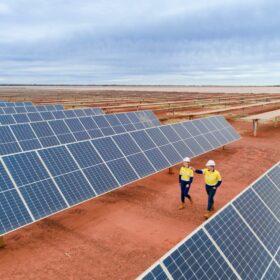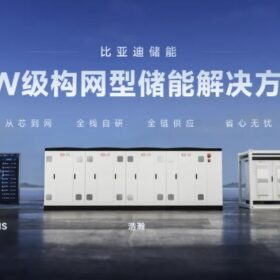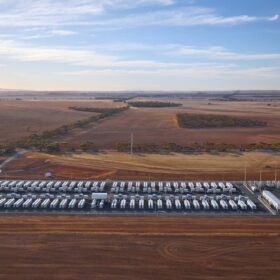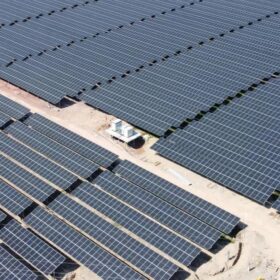Amber Electric: The year when the promise of smart grid begins to be realized at scale
As the energy landscape continues to evolve to meet the needs of the 21st century, digitalization is growing within generation, distribution and transmission. On the demand management side, Amber Electric is seeking to bring transparency to the market, passing wholesale prices directly to consumers for a $10 flat monthly fee. The Melbourne-based start-up is readying to expand its offering in 2020, as home batteries, EV chargers and other smart devices establish a firmer hold in the Australian electricity market, says Dan Adams, co-founder of Amber Electric.
Enphase integrates with GreenSync’s decentralized energy exchange
The California-based energy technology company has integrated with GreenSync’s Decentralized Energy Exchange (deX), making it possible for its customers to get more value out of their distributed energy assets and help the grid manage the challenges associated with the rapid penetration of intermittent renewables.
NSW utility-scale battery pipeline takes shape under government funding program
Among 31 dispatchable electricity projects unveiled this week under the NSW Emerging Energy Program, utility-scale battery storage accounted for a bulk of proposals. Four big batteries have been awarded funds for pre-investment studies, and another ten have been shortlisted for capital funding.
2GW of storage projects to benefit from NSW Emerging Energy Program
Pumped hydro and battery-storage projects took the lion’s share of feasibility-study grants today awarded under the NSW Emerging Energy Program. Alongside VPP proposals, they feature also in the shortlist of 21 projects now in the running for capital funding.
Thermal battery producer heats up storage market
An Australian thermal energy storage company has reached in principle agreements to pilot thermal batteries in the telecommunication and eco-housing industries.
Australia’s state of virtual power play
With around 16 battery-based virtual-power-plant projects either in progress or planned across six states, Australia is demonstrating the potential of distributed energy resources to the world. An Australian Clean Energy Summit panel last week caught up on progress and potholes on the road to energy’s new two-way street.
Horizon Power taps SwitchDin to supply Secure Gateway Devices for solar, storage customers
WA’s regional utility Horizon Power will supply homes and businesses that install rooftop PV and batteries with Secure Gateway Devices (SGDs) to allow for higher penetration levels in the northwest town of Onslow. Newcastle-based SwitchIn has been selected by Horizon to supply the SGDs.
Long read: All for one, one for all
Australia already boasts one of the biggest pipeline of virtual power plant (VPP) projects. From big utilities to state governments, initiatives to orchestrate distributed energy resources that help support the grid have proliferated in recent years. Marija Maisch takes a look at Australia’s VPP ecosystem and how market players see it.
WA’s community owned VPP in the making
The Dunsborough Community Energy Project is announced as Australia’s first privately funded virtual power plant.
AEMC turns to new technologies
In its annual reports, the Australian Energy Market Commission has proposed a number of changes to tighten Australia’s power system and improve reliability and regulation, reflecting on opportunities and challenges created by a significant increase in the uptake of distributed energy resources. The new recommendations are likely to encourage network development towards P2P energy trading, VPPs and electric vehicle charging.

